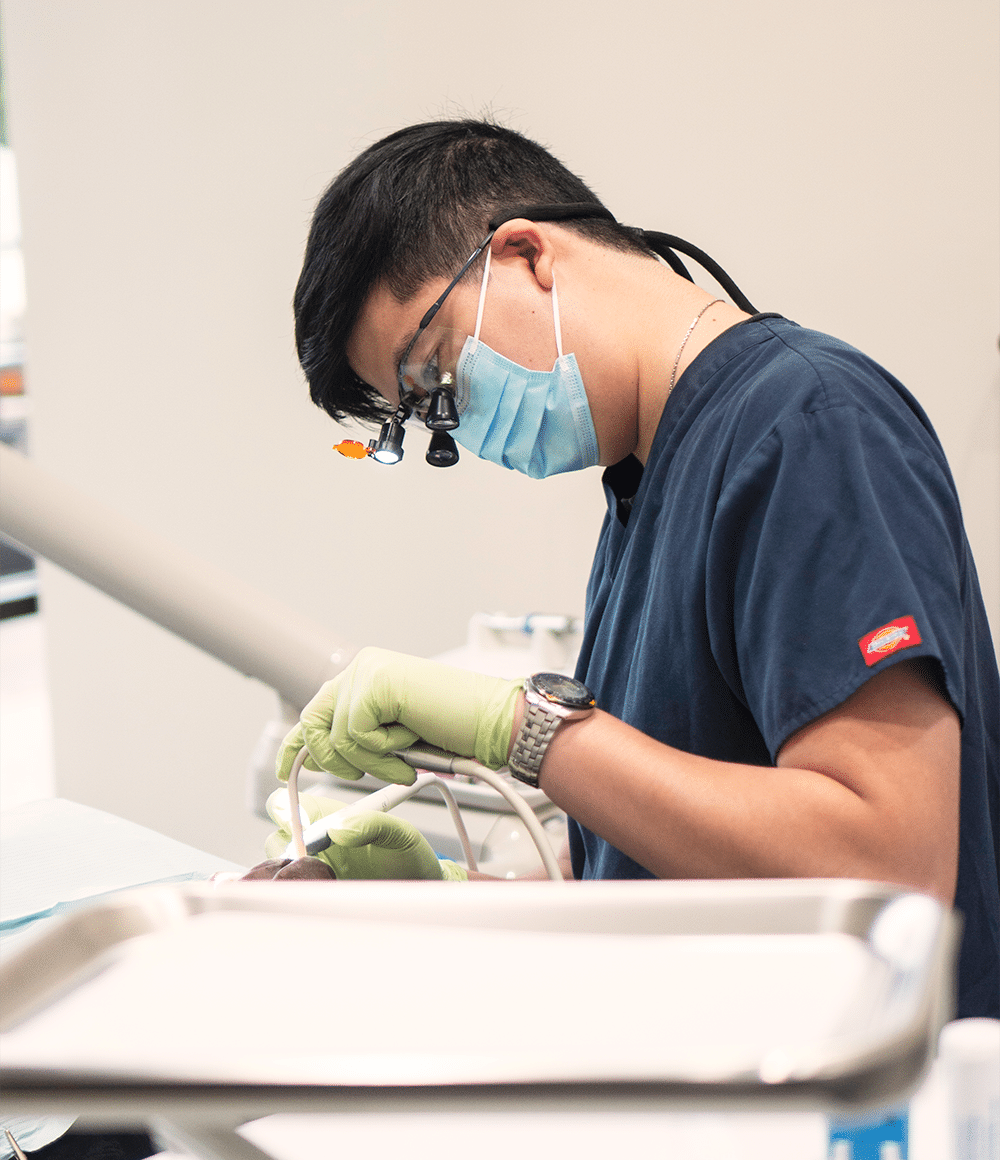How to Drain an Exposed Tooth Nerve
Tooth abscesses happen when bacteria enter the mouth and infect an area of the tooth that’s under the gum line. When this happens, the infection will grow, causing inflammation and swelling in the surrounding gum tissue, which can lead to painful swelling and even the exposed tooth nerve if left untreated. Fortunately, you can use natural remedies to drain an exposed tooth nerve at home. Here’s how it’s done.
How to drain a dental abscess at home
Have you experienced throbbing pain, a swollen face and tender gums after visiting your dentist? It could be an exposed tooth nerve. Here's home remedy for broken tooth with exposed nerve. What is a Dental Abscess? A dental abscess is also known as dental infection or periapical periodontitis. It's caused by bacteria entering your tooth root through cracks in your teeth or gum tissue. This can lead to swelling, pain and sensitivity of your teeth and face area due to spreading infections. How Can I Drain My Abscess At Home?
What Causes Dental Abscesses?
The most common cause of abscess on roof of mouth is a dental abscess. This is when a collection of infected fluid forms around your tooth and can easily lead to pain and swelling. These abscesses usually occur below your gum line, which makes them hard to see from above—but luckily, that means they’re also easy to drain at home. Instead of opting for antibiotics, try draining the abscess yourself first by following these steps
Who Gets Dental Abscesses?
Dental abscesses can be caused by a number of different things. It’s important to see your dentist if you notice any pain in your tooth or jaw, or experience any of these symptoms: sensitivity to hot and cold food and drinks, swollen gums, redness of your face or neck, a bad taste in your mouth and fever. If you think you might have a dental abscess, do not try to drain it at home; make an appointment with a dentist immediately.
How Do I Know If I Have a Dental Abscess?
An exposed tooth nerve can be so painful that it sends you running for a medical opinion, not a dental one. But if you're not used to seeing dentists and don't know how to tell if you have an exposed tooth nerve, here are some ways you can make sure it's dental and not something more serious. How Do I Know If I Have a Dental Abscess? An exposed tooth nerve can be so painful that it sends you running for a medical opinion, not a dental one. But if you're not used to seeing dentists and don't know how to tell if you have an exposed tooth nerve, here are some ways...
What Are the Symptoms of a Dental Abscess?

When you have a dental abscess, you can usually tell because it will feel like there is a hole in your tooth and it may be painful. It is always best to seek treatment from a dentist if you think that you are suffering from an abscessed tooth, as they will be able to assess your situation and tell whether or not you need professional care. One of the main symptoms of an abscessed tooth is pain, which is likely caused by pressure building up in your jaw as fluid collects underneath your gum tissue. You may also notice swelling on or around your face. If there’s pressure inside of your head, then pain when chewing certain foods or hearing certain sounds may occur.
How Can I Reduce My Risk Of Getting An Exposed Tooth Nerve or Abscess?
Dentists recommend getting a professional cleaning once every six months, which includes plaque removal and a thorough tooth inspection. One of the telltale signs of exposed nerve is a change in gum color, so pay attention if your gums start changing from pinkish-red to grayish-white. This could be caused by bacteria building up beneath your gum line and is sometimes referred to as receding gums. While brushing and flossing can help keep most exposed nerve situations under control, some cases can become so severe that draining is necessary. If you suspect you have an exposed nerve or abscess at home, call your dentist for advice before attempting any type of DIY treatment.
Managing Acute Pain During A Hospital Stay For An Exposd Tooth Nerve You may have been given a prescription for Tylenol or ibuprofen. Using acetaminophen is a good idea because you can take it while you’re hooked up to an IV (it doesn’t need to be absorbed by your stomach). Check with your doctor first if you are unsure whether you should take these medications. If you're using ibuprofen, check with your doctor about how much is safe during pregnancy and breastfeeding. Never mix ibuprofen and alcohol, even in very small amounts. Alcohol can increase your risk of liver damage when taken with ibuprofen.
Article Source : https://harrydiazus.wixsite.com/website/post/how-to-drain-an-exposed-tooth-nerve

Comments
Post a Comment